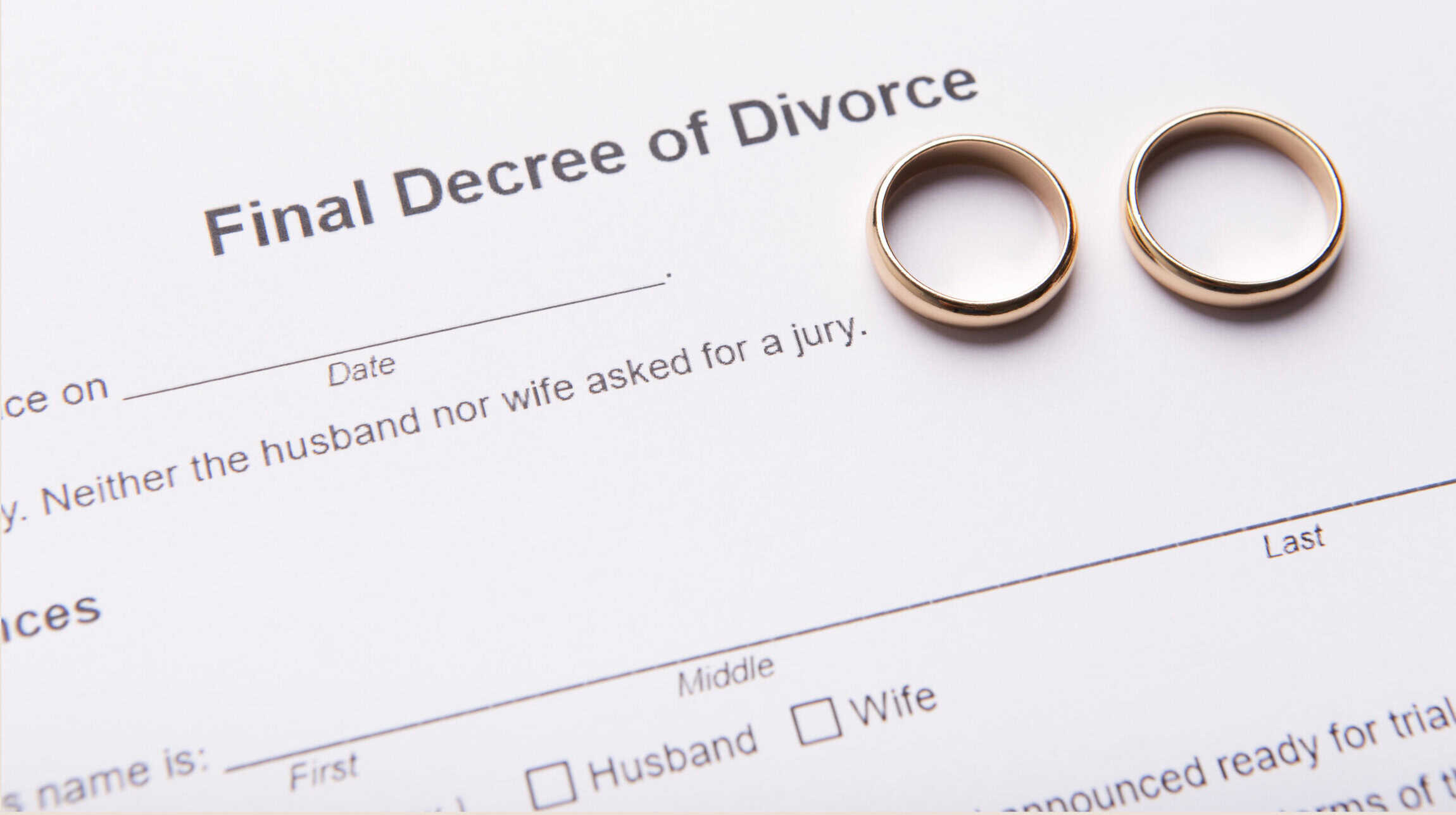A permanent injury caused by a workplace accident affects the amount of workers’ comp benefits the injured worker receives under the Virginia Workers’ Compensation Act. If your work injury results in permanent total disability or permanent partial disability, specific provisions of the law determine your benefits. These types of claims are often extremely complex. Talking with an experienced workers’ compensation attorney is the best strategy for ensuring that you receive all the benefits you deserve.
What Is a Permanent Injury in a Workers’ Compensation Claim?
A permanent injury in a workers’ comp claim may involve either permanent total disability or permanent partial disability. The law identifies a permanent total disability as one involving loss of both hands, arms, legs, feet, or eyes, or a combination of two single losses of this type in one accident. Paralysis and brain injury also qualify as permanent injuries.
In some cases, a permanently and totally disabled injured worker may receive benefits for the remainder of their life. An injured worker is eligible to apply for permanent total disability when the end of their 500 weeks of wage loss benefits approaches, and it becomes evident that they cannot return to work.
Permanent partial disability occurs when a worker can still perform work, even though the injury caused a permanent disability to a body part. Compensation is based proportionately, according to the extent of the loss of use. The amount paid for permanent partial disability is deducted from the total 500-week wage-loss benefit total.
Payment for permanent total disability or permanent partial disability depends on the body part affected, the extent of disability, and the worker’s average weekly wage. Section 503 of the Workers’ Compensation Act, Virginia Code § 65.2-503, specifies the amount of the payment for permanent loss caused by a work accident. Except for permanent and total incapacity, the benefits are subject to limitations in Section 500 of the Act. Benefits are payable after payments for temporary total incapacity or simultaneously with payments for partial incapacity. The payments are in addition to benefits for continuing medical treatment relating to the work injury.
A permanent injury resulting in total or partial disability must be demonstrated by medical evidence. Calculation of entitlement for any permanent injury from a work accident, whether total or partial, involves complicated analysis under the law. If you suffer a permanent disability, you should talk with a knowledgeable workers’ compensation lawyer to understand your entitlement.
How Do You Know If an Injury Will Heal?
During treatment for a work injury, you eventually reach a point at which your medical provider determines that you have reached maximum medical improvement. That means that further improvement in the extent of the injury is unlikely. It does not mean that medical treatment stops. The treatment may continue indefinitely, even if only to reduce the remaining pain after the injured worker reaches MMI.
If you reach or approach MMI and you still have medical problems that affect your ability to work, your physician may have you get a Functional Capacity Evaluation to help determine what types of duties you can still perform. The Virginia Workers’ Compensation Commission defines a Functional Capacity Evaluation as “a comprehensive series of performance-based tests that help objectively measure injured workers’ physical abilities. The tests gauge physical strength, range of motion, stamina and tolerance of functional activities.”
The FCE report may lead to your physician making changes to your diagnosis, treatment, or work restrictions based on the test results. It also may help your medical provider make a determination of whether a disability is permanent. In addition, the test results may enable your employer to make accommodations for work restrictions or help determine what kind of work you are able to do. Depending on whether the employer can accommodate the restrictions, the examination may affect your ability to receive benefits for permanent total or partial disability.
If you have a permanent injury that causes partial disability, you may be able to return to work with permanent job restrictions, even if you cannot perform the same job that you had before the injury. Your employer is not required to accommodate permanent restrictions but should allow you to work if they can provide reasonable accommodations that do not cause an undue hardship for the employer.
What To Do If You Have a Permanent Injury
Anytime you’re injured on the job, it’s a good idea to talk with an experienced workers’ compensation lawyer at the soonest possible time. That is especially true if your work injury is serious and may cause permanent total or partial disability. Workers’ compensation law and claims for permanent injuries and disability often are extremely complex. Having assistance from a skillful lawyer is the only way to make certain that you receive the full benefits that you deserve.
Schedule a Free Consultation with Our Virginia Workers’ Compensation Attorneys
If you receive an injury on the job, it’s important to ensure that you receive the maximum benefits available under the workers’ comp law. You can count on our experienced workers’ compensation attorneys to make certain that you receive the full amount you deserve, including compensation for permanent injuries. Our Richmond injury lawyers at Renfro & Renfro are here to help with your claim and work closely with you throughout the entire process. We welcome you to contact us for a free consultation.






